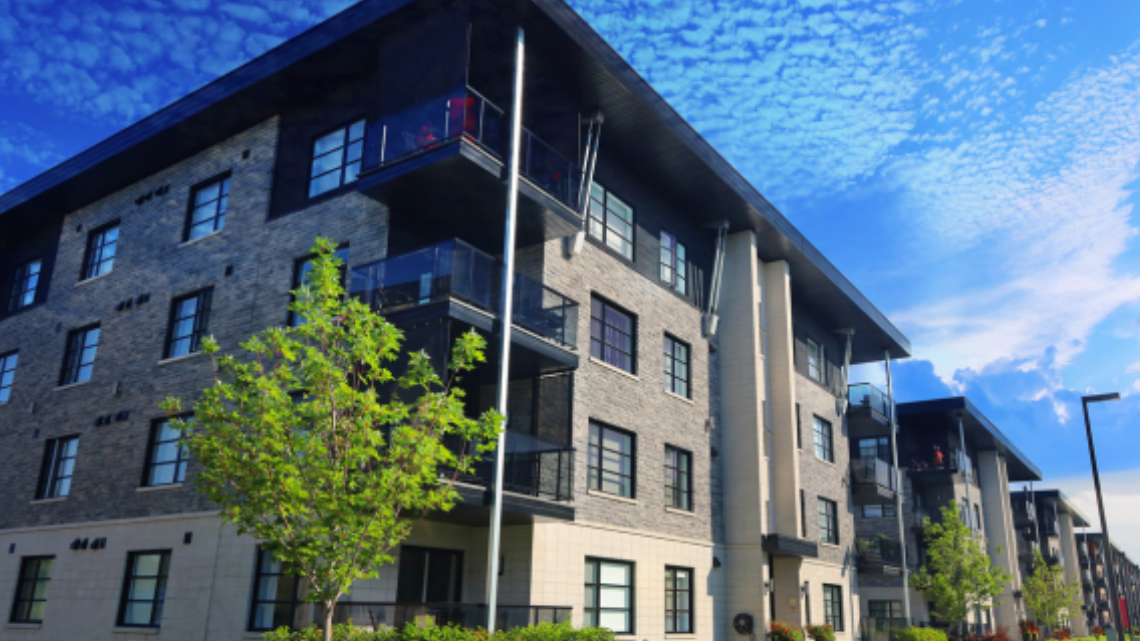Introduction
Embarking on post-secondary education is a significant milestone for your child, but the financial implications can be daunting. Parents often grapple with the decision of whether to rent accommodation in expensive university cities or invest in purchasing a condo, thereby gaining equity. In this analysis, we explore the financial considerations associated with buying versus renting during your child’s university years.
Analyzing Affordability in University Cities
To determine the affordability of mortgage payments compared to rental prices, Zoocasa examined data from the best university towns and cities in Canada, according to Preply. By comparing rental prices and monthly mortgage payments, we aimed to provide insights into the more financially prudent option.
Two Cities Stand Out as More Affordable for Buying
Edmonton and Winnipeg emerge as favorable cities for buying, where the average monthly mortgage payment is lower than the average monthly rent. In Edmonton, the average condo price is $180,600, resulting in a mortgage payment of $1,232, which is $103 less than the monthly rent of $1,335. Similarly, in Winnipeg, a condo’s average monthly mortgage payment is $1,337, saving $133 compared to the average rent of $1,470.
Negligible Differences in Regina and Quebec City
Regina and Quebec City showcase marginal variances between monthly rent and mortgage payments. In Regina, the rent is $1,250, only $23 less than the average monthly mortgage payment of $1,273. Quebec City reports a slight difference, with the average mortgage payment of $1,458 being $13 higher than the average monthly rent. Brandon and Saskatoon also present affordable options, with monthly mortgage payments below $2,000 at $1,793 and $1,308, respectively.
Disparities in Other Cities
However, in most cities covered, monthly mortgage payments exceed rental payments. Mississauga tops the list as the most expensive city to buy a condo, with an average price of $645,200 and a monthly mortgage payment of $3,732—$1,132 higher than the average rental payment. Cloverdale in British Columbia follows closely, with a $1,073 difference between the average monthly mortgage payment of $3,373 and the average monthly rent.
Should I Rent or Buy?
While renting may seem more affordable initially, buying a condo offers long-term benefits. Ownership allows the accumulation of equity over time, potentially turning a profit if the property is sold after four or more years. Additionally, renting out the condo post-graduation provides an extra income source. Factors such as the duration of your child’s studies, future use of the property, and the city of study should be considered. Renting may be practical for shorter courses, but investing in a stronger real estate market by buying could yield greater long-term advantages.
Conclusion
The decision to buy or rent depends on various factors, including the length of the academic program, the future use of the property, and the specific real estate market. While renting may alleviate maintenance concerns, buying offers the potential for equity growth and additional income streams. Consider these factors carefully to make an informed decision tailored to your child’s university journey.
Author Introduction:
Pritish Kumar Halder
Pritish Kumar Halder is a real estate expert with a passion for helping individuals make informed decisions in the housing market. With extensive experience in analyzing market trends, Pritish provides valuable insights into the dynamics of buying and renting properties, especially during significant life milestones such as a child’s university years. Stay informed with Pritish’s expertise by subscribing to our free weekly newsletter for the latest real estate market insights, news, and reports straight to your inbox.









